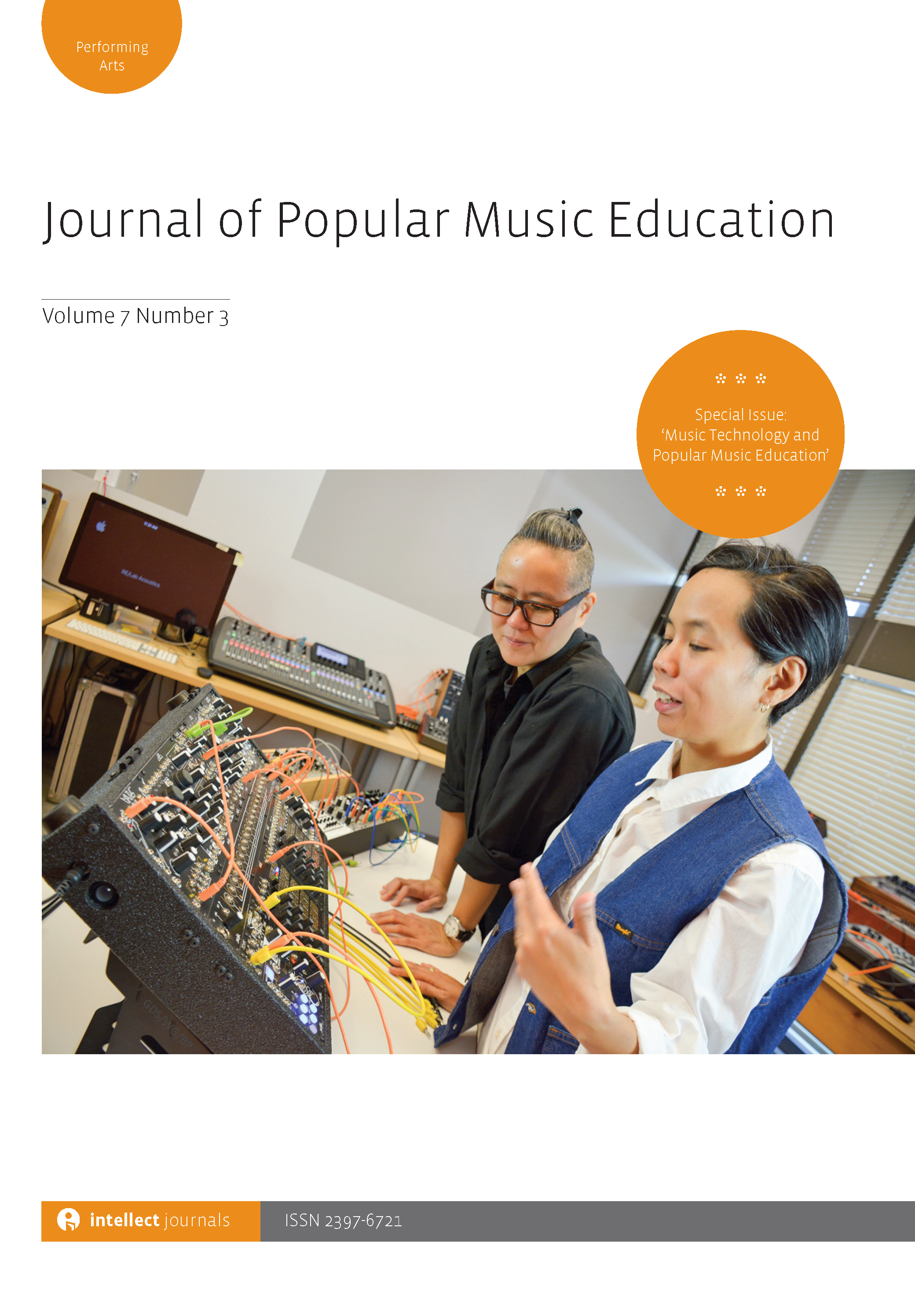
Full text loading...

This exploratory study followed the journeys of eleven Global Majority1 teachers and musicians2 from their early experiences within the UK music education system up to their present professional careers in music. Focus groups with ten students presently engaged in music education offered a current perspective and comparison with adults’ experiences, allowing for reflection on possible trajectories. The research question asked whether a predominantly White, middle-class music curriculum has an effect on the musical behaviours and identity of members of the Global Majority in the United Kingdom. Findings showed that musicians and music teachers had experienced considerable barriers in music education and musical careers, which had an adverse psychological effect, typically recognized later in life.

Article metrics loading...

Full text loading...
References


Data & Media loading...

Publication Date:
https://doi.org/10.1386/jpme_00107_1 Published content will be available immediately after check-out or when it is released in case of a pre-order. Please make sure to be logged in to see all available purchase options.